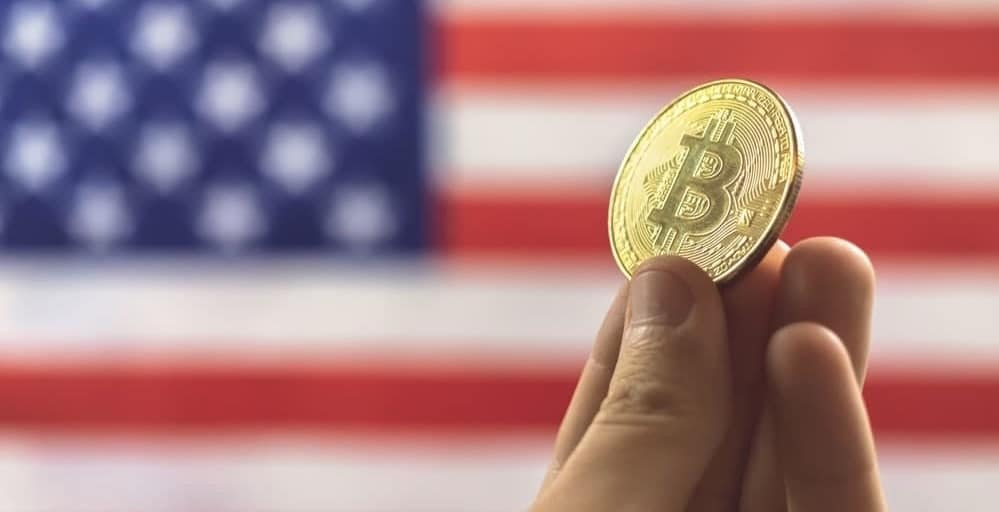As the 2024 U.S. presidential race intensifies, the cryptocurrency industry is increasingly focused on what a Kamala Harris administration could mean for the future of digital assets. Observers within the industry are growing concerned that, if elected, Vice President Kamala Harris could maintain or even heighten the regulatory pressures that have defined the Biden administration’s approach to cryptocurrency.
Alex Thorn, Head of Research at Galaxy Digital, recently highlighted that Kamala Harris has close ties with key figures from the current administration known for their stringent stance on digital currencies. Notably, Harris is reportedly influenced by the advice of Brian Deese and Bharat Ramamurti, two prominent voices in the Biden administration’s regulatory framework concerning cryptocurrencies.

Deese, in particular, has become a contentious figure within the crypto space after he outlined a comprehensive strategy to mitigate the risks associated with digital assets in a White House blog post earlier this year. His message coincided with significant actions by the Federal Reserve, including the denial of Custodia Bank’s membership application and the expansion of restrictions on digital asset activities for all banking members—moves seen by many as part of a coordinated effort to curb the industry’s growth.
Similarly, Bharat Ramamurti, another advisor connected with Harris, has consistently expressed skepticism toward cryptocurrencies. His close association with Senator Elizabeth Warren, a known critic of the crypto industry, further suggests that a Harris-led administration might not shift toward a more lenient regulatory approach.
What Could a Harris Administration Mean for Crypto?
The prospect of Kamala Harris assuming the presidency has led to speculation that her administration might increase taxes on high-income crypto holders and corporate entities, aligning with President Biden’s broader fiscal policies. These concerns are not unfounded, as Bloomberg reports that Harris supports raising the corporate tax rate to 28%, a move that could further strain the crypto industry.

According to Thorn’s analysis, the level of coordination between the White House, the Federal Reserve, and congressional Democrats on crypto regulation suggests that a Harris administration might continue or even amplify these efforts. This has sparked debate within the industry about the need for a different economic advisory team that might offer a more supportive stance toward blockchain technology.
Thorn has suggested that Harris should consider advisors who have a more positive outlook on digital assets, such as Ro Khanna, Ritchie Torres, Wiley Nickel, Darren Soto, and Kirsten Gillibrand. These figures have demonstrated an understanding of the potential benefits that blockchain technology could offer, advocating for a more balanced regulatory approach.
However, if Harris continues to rely on the current advisors like Deese and Ramamurti, Thorn warns that the crypto industry could face even stricter regulations. He remarked, “If Brian Deese, Bharat Ramamurti, and Wally Adeyemo are set to lead economic policy in a Harris administration, it’s VERY UNLIKELY the administration will soften its stance on crypto.”
A Kamala Harris Presidency: The Crypto Industry on Edge

With the presidential election on the horizon, the crypto community is left to speculate on what a Harris presidency could mean for the future of digital assets in the United States. The potential for continued regulatory pressure is causing concern, as it could lead to further restrictions and possibly stifle innovation within the industry.
As the campaign progresses, the industry will be closely monitoring Harris’s public statements and policy proposals to gauge the possible impact of her presidency on the future of cryptocurrency. The hope among many in the industry is that, despite her current advisory circle, there may still be room for a more favorable approach to regulation that balances innovation with consumer protection.
For ongoing coverage of this evolving situation and more news on the cryptocurrency industry, stay tuned to TheBITJournal.





























